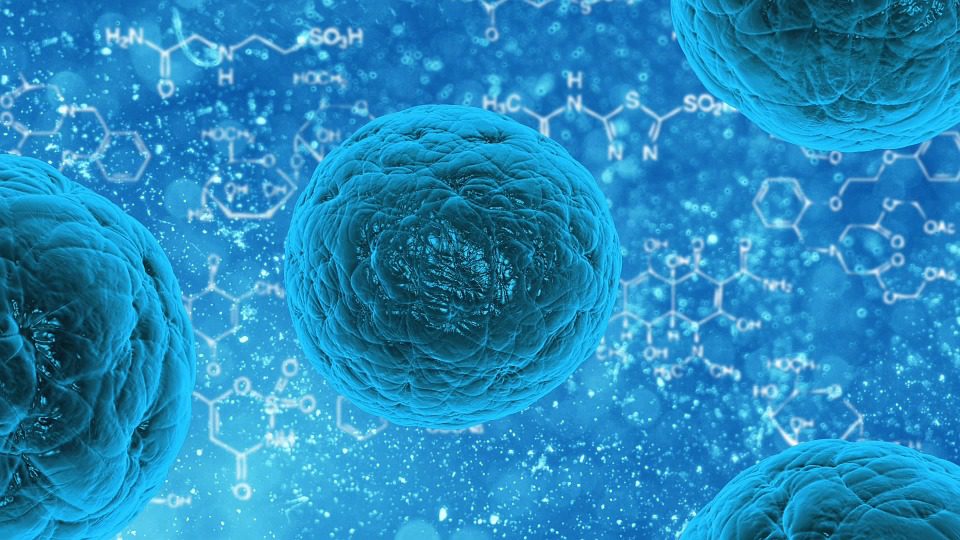When you think about life, you probably picture what’s crawling under a rock or swimming in a pond. But let’s talk about something that could flip biology on its head—literally. Scientists are exploring a mind-boggling idea: synthetic organisms with mirrored molecular structures. Known as “mirror life,” these tiny marvels hold jaw-dropping potential for medicine but come with risks that sound like they’re ripped straight out of a sci-fi thriller.
What Exactly Is Mirror Life?
First, a quick biology refresher: all living things on Earth rely on molecules like DNA and proteins, which have a specific “handedness”—left-handed proteins and right-handed sugars, to be exact. This handedness is called chirality. Now imagine flipping that molecular script: right-handed proteins and left-handed sugars. That’s mirror life.
Dr. Michael Kay, a biochemistry professor at the Spencer Fox Eccles School of Medicine at the University of Utah, describes it like this: “Mirror life is like looking into a molecular funhouse mirror. Everything is reversed, and because of that, it doesn’t exist in nature.”
Sounds fascinating, right? Well, here’s the kicker: it doesn’t exist yet. Scientists are nowhere near creating a fully functional mirror bacterium, but with rapid advancements in synthetic biology, the impossible might not stay that way for long.
Game-Changing Applications in Medicine
Let’s get one thing straight: not all mirror life spells doom. On the contrary, it could revolutionize medicine. For instance, today’s protein-based drugs break down in your body faster than you can say “pharmaceuticals.” Digestive enzymes attack them like Pac-Man on a pellet binge. But mirror molecules? They’re like stealth ninjas—invisible to those enzymes, meaning they could last much longer in the body.
“This could open doors to treating chronic illnesses more effectively,” Dr. Kay says. “Right now, we’re making mirror therapeutics atom by atom in the lab, but if we had mirror bacteria to produce them for us, it’d be a game-changer for large-scale production.”
The kicker? These lab-made mirror molecules can’t self-replicate, so they don’t pose the existential threats of mirror bacteria. But if scientists ever build a self-replicating version, all bets are off.
The Dark Side of the Mirror
Here’s where things get eerie. Mirror bacteria wouldn’t play by the same rules as their natural counterparts. Antibiotics? Useless. Immune systems? Clueless. Predators? Nonexistent. Essentially, these organisms could evolve to exploit resources in ways nature never anticipated. They might even find a way to snack on our food and convert it into “mirror food.” If that happens, the natural world’s checks and balances go out the window.
“We’re humble in the face of evolution,” says Dr. Kay. “If mirror bacteria adapt to grow in our world, they could theoretically outcompete natural organisms.”
The idea isn’t entirely far-fetched. Preliminary studies suggest that while mirror bacteria might initially struggle to find sustenance, they could evolve. And let’s face it—evolution has a way of surprising us.
How Close Are We to This Reality?
If the thought of mirror bacteria keeps you up at night, you can relax—for now. Creating even the simplest synthetic cell is like trying to build a rocket using only Lego pieces. Scientists predict we’re at least one to three decades away from making mirror bacteria a reality.
“This isn’t something happening overnight,” Dr. Kay explains. “But the pace of innovation in synthetic biology is astonishing. It’s critical to start discussing potential risks now, while the technology is still in its infancy.”
Taking Precautions Before the Genie Escapes
Researchers like Dr. Kay are already urging the scientific community to develop safeguards. International conferences and collaborations are in the works to outline ethical boundaries and regulatory frameworks for mirror life research.
“Once a mirror cell is created, there’s no putting the genie back in the bottle,” Dr. Kay warns. “That’s why it’s so important to tread carefully and establish global guidelines before the technology matures.”
Mirror life might sound like the stuff of science fiction, but the science behind it is advancing fast. Whether it leads to me











Leave a Reply